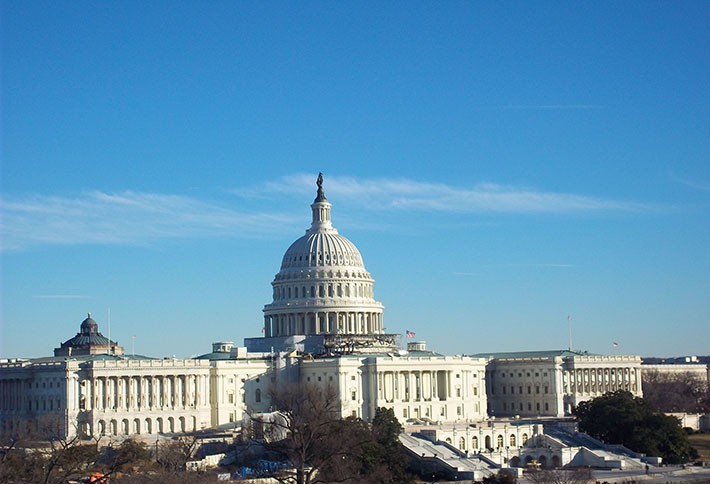Real Estate Legislation To Look for in 2015

With a new congress installed earlier this month, the real estate industry has its collective eye trained on pieces of legislation and tax reform that could affect the bottom lines of current power players including REITs and foreign investors. Here are a few items making their way to Capitaol Hill:
Foreign Investment in Real Property Tax Act
Real estate lobbyists are eager to amend portions of the 34-year-old FIRPTA, which separates foreign investment in real estate from, say, equity. In a bid to lure ever more international wealth to American properties many in the industry advocate passage of a proposal by Senators Robert Menendez and Mike Enzi to exempt foreign pension plans from real property sales tax—US pensions are already exempt—and raise from 5% to 10% the ownership stake at which foreigners are not taxed on a publicly traded company’s real estate investment yields.
Government Sponsored Enterprises
New York Senator Charles Schumer is one critic of congressional and White House attempts to impose limits—or in some cases disband—GSEs like Fannie Mae and Freddie Mac. Proposed reforms circulating on Capitol Hill include upping these institutions' minimum down payments and raising interest rates in a fervor for change that dates back to their losses during the Great Recession. Supporters say that doing away with GSEs altogether would contribute to the Housing Finance Reform and Taxpayer Protection Act of 2014’s projected $58B deficit reduction by 2024.
Real Estate Investment Trusts
REITs are now firmly entrenched as an investors’ darling, and with that popularity comes increased government watchfulness. Looking ahead, one big question for the REIT sector involves how the IRS will tax rental income the publicly traded companies receive, an issue that stems from the surprisingly thorny question of just how to define real property in the first place. (For instance, should HVAC units count toward a REIT’s assets?) Another looming battle concerns an amendment that would tax all REIT spinoffs, which currently splinter from taxation.
